Popular games for platform PC-FX
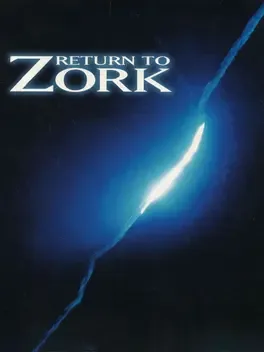
Return to Zork: A mesmerizing interactive adventure of danger, intrigue and cunning.
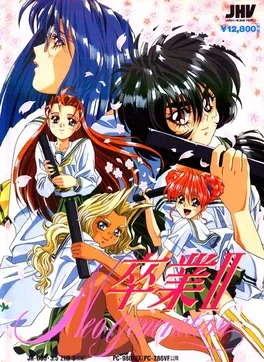
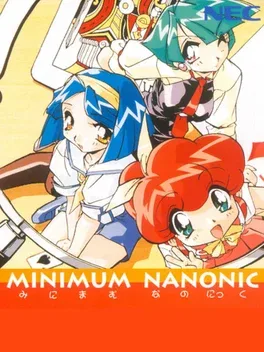
Adventure game for PC-FX.
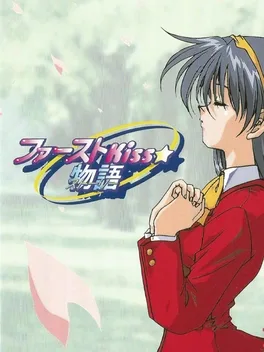
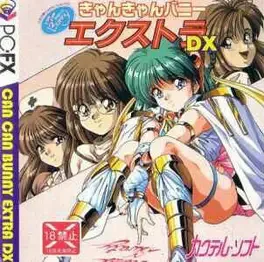
Can Can Bunny Extra DX is the fifth Can Can Bunny game, and is also the first direct sequel within the series. The hero is lonely and is anxious to get a girlfriend. And once again, the benevolent and gorgeous goddess Swatty is here to provide assistance, together with her side-kicks, the Seven Lucky Gods from the Japanese mythology. The interface is still traditional Japanese-style menu commands, but there are many more locations in this game, many of which can be freely accessed by clicking on them while on the main map. Once the player has reached the point where he can begin the physical seduction of the girl, the interface switches to point-and-click, with context-sensitive cursor for touching, kissing, etc.
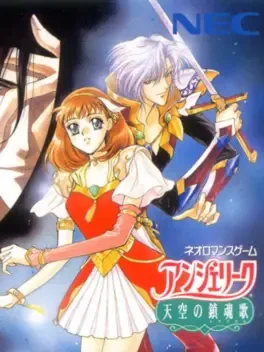
Angelique Tenkuu no Requiem is the first Neoromance role-playing game. Canonically this game is the direct sequel to Angelique Special 2 and Angelique Maren no Rokukishi. Ruby Party members later commented that its conception began when written questionnaires indicated a high demand for a Koei role-playing game, a genre which experienced a boost in popularity due to titles such as Final Fantasy VI and Final Fantasy VII. Since Team-Infinite was simultaneously developing a game for male appeal, Ruby Party was given the inquiry for an Angelique adaptation targeting the female side. The Premium Box edition includes a fully colored leather-bound manual. Consumers who purchased this title during Koei's 1999 double campaign obtained an original clear file.
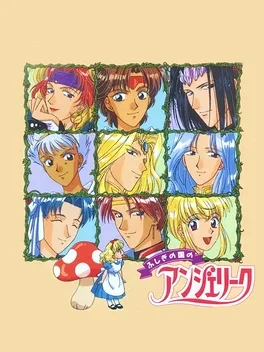
A board and dating sim otome game set in the Angelique universe. It was originally released for PC-FX, and later ported to several other platforms.
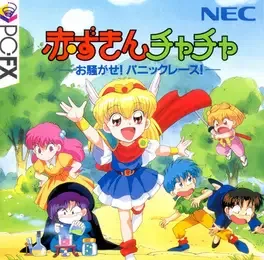
From the manga and anime of the same name comes a board game with lots of FMV.
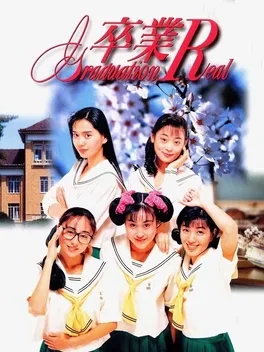
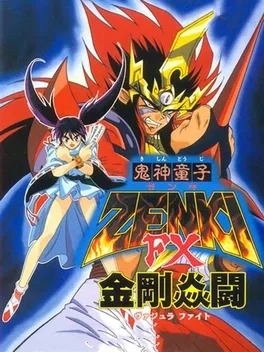
Kishin Dōji Zenki FX: Vajra Fight is based on the manga Kishin Dōji Zenki by Kikuhide Tani. Once upon a time the Japanese priest Enno has fought and defeated the demon lord Zenki. Zenki was sealed for centuries in the magical bracelet that the Enno family carried through generations. But now, in modern-day Japan, demons called Seeds of Karuma, who worship an ancient evil goddess, began to appear on the Earth, bringing death and destruction. Enno's descendant, a lovely young girl named Chiaki, has no choice but to use her bracelet to summon Zenki! But while being sealed, Zenki has reverted to the form of a nasty, greedy little boy. Chiaki must evoke the power of bracelet to make Zenki fight on her side, and destroy the demons!
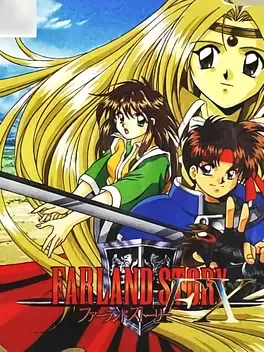
Farland Story is the first in the row of successful Japanese strategy RPG games. The main hero of the game is a knight named Arc, who is in love with the beautiful priestess Ferio. One day, when Arc and his best friend Randia are out of town, a hostile army under the command of a mysterious Black Knight invades the town and kidnaps Ferio. Thus begins Arc's quest to defeat the enemies and to rescue his beloved one from their clutches. Farland Story consists entirely of battles (save cut scenes and the ability to shop if you are near a town after a battle). During battles, you move Arc and his party over the terrain, and attack when there are enemies in range. The party consists of different classes - knights attack with swords, archers specialize in long-ranged combat, priestesses heal, etc. Every attack leads to a counter-attack, from the enemy's side as well as from yours. You gain experience points for every attack, and can level up in the middle of a battle.
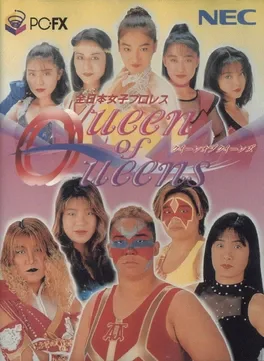
All Japan Women's Pro Wrestling: Queen of Queens
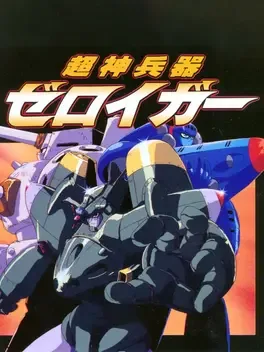
Choujin Heiki Zeroigar is an action shooter. The player controls Zeroigar as a plane and as a robot. The player is awarded experience points, depending on his performance during a stage. The Galactic Emperor Zemu is conquering one planet after the other, planning to expand his empire to the known limits of the galaxy. The reason for his success are huge robots who fight in his armies, developed with the technology invented by the genius scientist Dr. Lulu. But the doctor understands herself that her inventions have caused misery and destruction to other nations. She runs away, taking design plans for the giant robots with her. She arrives on the Earth (Japan, to be exact) shortly after World War II, and with the help of local scientists, develops a powerful robot, that alone can protect Earth from Zemu's attacks: Super God Trooper Zeroigar! Zeroigar is the only shooter for the PC-FX system, continuing the legacy of vertically scrolling shooters from the PC Engine (TurboGrafx) era. The player controls Zeroigar as a plane and as a robot (for boss battles). As in most shooters, power-ups appear frequently. Every level starts with the default weapon, which can be enhanced with these power-ups. Secondary weapons (bombs, torpedoes, etc.) can also be found. A somewhat unusual feature of "Zeroigar" is its leveling-up system. The player is awarded experience points, depending on his performance during a stage. After completing a stage (or after a Game Over screen), the player is able to use those points to increase Zeroigar's parameters (health, defense, weapon power, etc.). The player is given unlimited continues, but he has to begin the level from the first screen each time. Anime-style movies advance the story between levels.
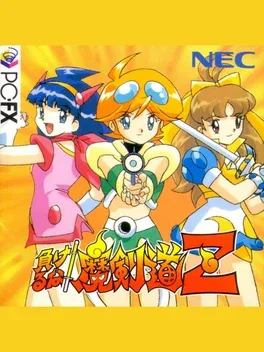
Third in the Kendo Rage (Makeruna! Makendou) series; this one's an RPG.
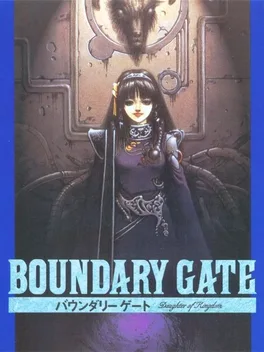
Long time ago, the First Mother created the world and blessed it with five magical symbols that would keep it in balance. The symbols were hidden deep in a sacred temple, to protect everything and everyone around them. Many years later, an adventurer named Finn was looking for work in the city of Ambrose. There was indeed much work to do: monsters roamed the country, the threat of war was more real than ever. One night Finn was strolling through the city when he suddenly spotted a young girl attacked by a monster. Naturally, he defeated the monster and saved the girl, who turned out to be a princess hoping to restore her father's kingdom. The two decide to work together and venture to the nearby city, that lies in ruins, overrun by monsters...
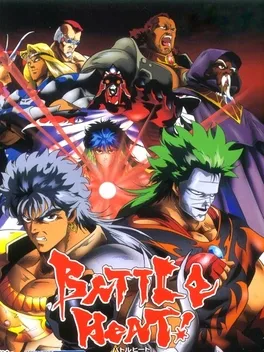
Our protagonist, Kai, is the prince of one of the countries in the Republic of Kliph. Recently his father has disappeared, and the longtime enemies of the Kliph, calling themselves the "Holy Dark Empire" have staged a coup and taken control of all the countries in Kliph; Led by the ruthless Emperor Götz von Dark they have quickly suppressed most resistance. However, due to an old martial tradition, the Holy Dark Empire holds an annual martial arts competition and this year the Emperor himself is participating. Kai and his friends will defeat him and re-establish peace in their homelands!
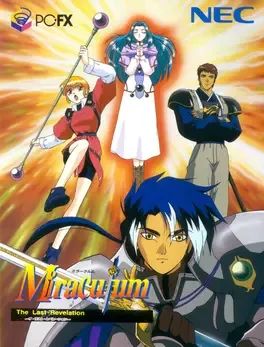
A PC-FX RPG by RayForce and NEC Home Electronics.
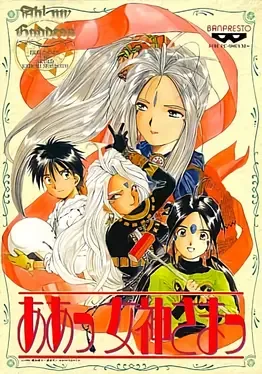
Based on the anime series Ah! My Goddess, the game follows the story of a Japanese high-school student named Keiichi, who has accidentally summoned the powerful, yet very lovely Norse goddess Verdandi (mercilessly misspelled Belldandy in the game) and pronounced a wish to stay with her forever. Now the gorgeous goddess has become a part of his life, and the two find themselves involved in constant misunderstandings and comical situations, yet also develop feelings for each other...
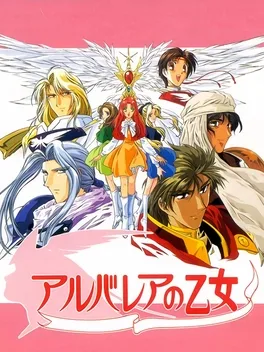
A strategy game and a visual novel with RPG elements developped by Gimmick House.
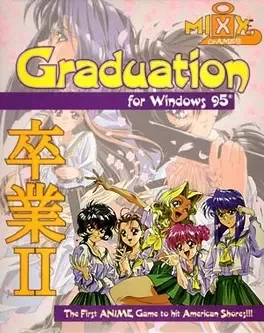
Graduation is a Japanese anime "life-sim" game published in America by Mixx Entertainment, the company that would later become Tokyopop. This was said to be "The First Anime Game to hit American Shores". You take the role of a homeroom teacher who is given the responsibility of teaching five girls for their last year of high school in the hopes of making them better people. You determine their class schedules, do guidance counseling, interfere with their weekend plans, and occasionally take to the streets to make sure they're not getting into trouble. Each of the girls has their own individual personality and problems, and the choices you make will determine whether they graduate from high school, what they do with their lives afterward, and whether or not they wind up hating your guts. Get them all into top colleges and your boss will praise your genius. If they all flunk or wind up wanting to marry you, you'll obviously be fired.
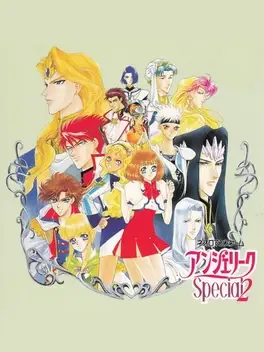
Angelique Special 2 is a Strategy game, developed by Koei and published by NEC, which was released in Japan in 1996.
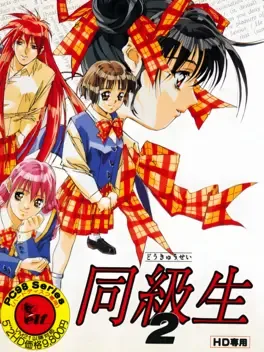
The sequel to the dating sim that rocked the world (maybe) in 1992! Doukyuusei 2 is a 1995 classic erotic love adventure, a genre that is also referred to as "dating simulations". It has a new location and new protagonist. The aim of the game is the same as the original.
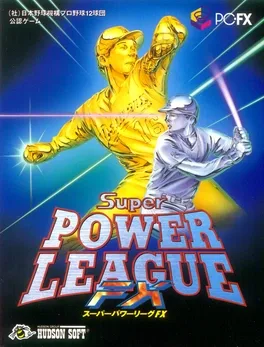
A 3D baseball game featuring the Nippon Professional Baseball league.